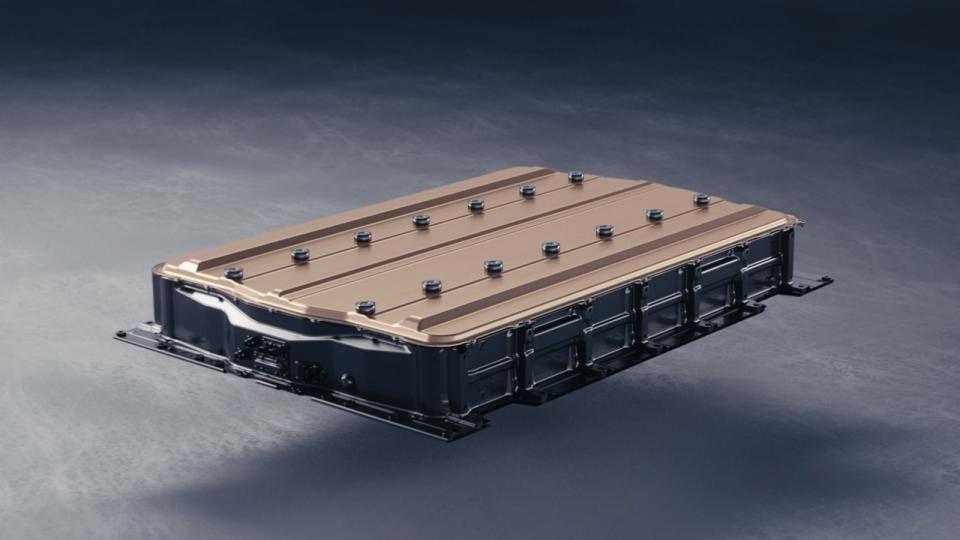Opinion: Let’s pursue a many-pronged approached to clean transportation

It’s clear EVs are the favored route toward more climate friendly fleets. It’s easier to name the many brands that have a planned date to go all electric than the ones that haven’t. Yet, there are still some foot-draggers. Toyota, for instance, has been slow to move away from reliance on internal combustion engines, and it has gotten plenty of flak for it. And some automakers have kept hydrogen in the mix as an alternative to battery-electric vehicles. Lesser talked about, but now inching its way into the spotlight thanks to entities like Porsche and Formula 1, is carbon-neutral synthetic fuel. So what’s the right path to take?
Why not all of them?
Battery electric vehicles sure seem like they’re the front-runner here, and with the improvements in both the range capabilities and the breadth of EV offerings arriving on scene now and on the horizon, I don’t expect that to change. They’ve already proven their viability as an easy and cleaner way to go about one’s daily driving duties. Even with public charging infrastructure lagging behind where it should be, it’s easy enough to live with an EV without relying on DC fast chargers, with home charging capable of providing the vast bulk of the needs for most EV owners for most trips. That’s great for homeowning suburbia and the few lucky apartment dwellers that have a parking space with charging access.
But the best option for most people won’t be the best option for all people. Many of us don’t have access to a charger at home. The urban environments where EVs operate most efficiently and where range limitations are less of a concern are also where dwellers have the hardest time charging during off hours. Whether they’re parking in a communal lot or, even less ideal for finding a plug, on the street, keeping a full battery requires more frequent use of that lackluster public infrastructure. Those with regular long drives, especially in rural areas, are also left behind.
Then there are those of us who simply love the sound of an engine and the engagement of a clutch, some of us with cars older than we are in the garage, who might feel forsaken by the automakers who seemingly just want us to buy one of their new electric products as our hobbies and passions become obsolete.



 Yahoo Autos
Yahoo Autos 
